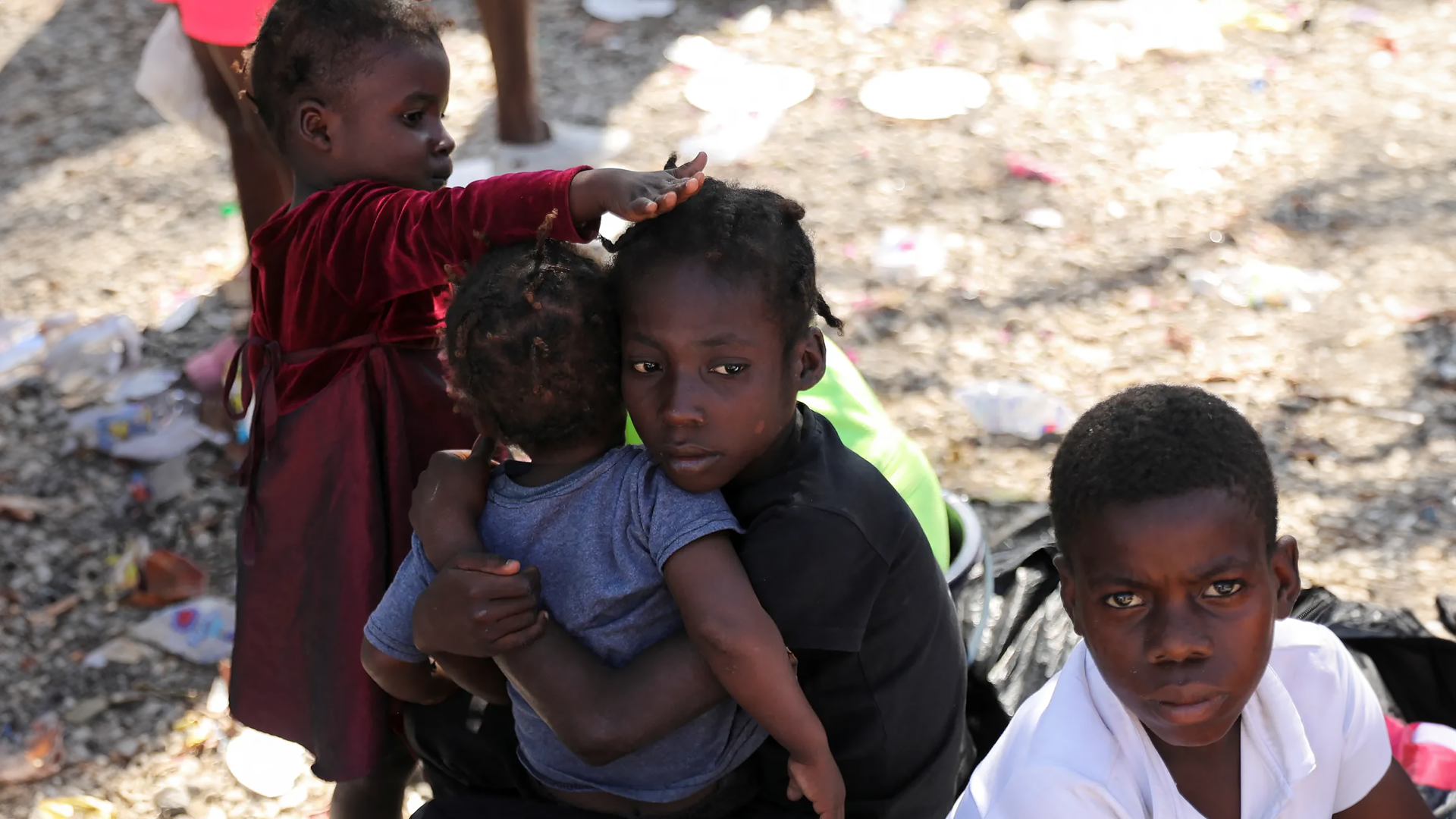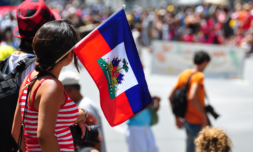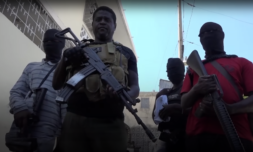The ongoing gang violence in Port-au-Prince and surrounding neighborhoods are wrecking the lives of thousands of children across Haiti.
The United Nations Children’s Fund (UNICEF) estimated 30% to 50% of gang members in Haiti are now children, mostly aged between 12 to 17 years who act as spies and soldiers.
Further, a new report by Amnesty International, released last week, has revealed that dozens of children have been caught in the crossfire of gang-related conflicts, with many directly recruited into the ranks of armed groups.
Haiti’s ongoing crisis has forced thousands of children into a cycle of violence. Many of them are recruited under coercion, while others join to escape extreme poverty, hunger, and lack of opportunity.
According to statistics from 2023, at least 128 children were killed in gang clashes. Cumulatively, over 5,600 people have died in Haiti’s gang violence since the beginning of 2024 despite the exact figure remaining unknown. These numbers reflect a humanitarian crisis that continues to unfold as both foreign and Haiti police struggle to maintain order.
Haiti’s children are reportedly among the most vulnerable in the world. Political instability, natural disasters, and economic collapse have left a gap in protecting the youth population. Schools have been shut down in many gang-controlled areas, forcing thousands of children out of education and into the streets. With few alternatives for survival, they become easy targets for nefarious groups.
Girls face an even graver situation, as they are not only recruited into gangs but also subjected to sexual violence. Many of them are used as informants and forced into relationships with gang members. Human rights organizations warn that without urgent intervention, an entire generation could be lost to violence and criminal networks.
The Human Rights Watch World Report 2025 warns that limited reach to gang-controlled regions remains a stubborn problem. Many parts that are ruled by gangs are dangerous for aid workers to deliver food, medical supplies, and offer educational support.
Currently, efforts to rehabilitate and reintegrate former child soldiers are limited, as the government and its partners are struggling to regain control over the capital city Port-au-Prince -which is 85% controlled by gangs.
The UN and other humanitarian entities have urged for global action, emphasizing that Haiti’s child crisis is not just a local issue but a human rights catastrophe that requires a swift and timely response from the international community.
Solving this crisis requires more than just military crackdowns on gangs, as seen by Kenyan soldiers. Sustainable solutions are needed to address the root causes of child recruitment. Community programs are essential in creating safe spaces and strengthening the justice system are steps toward protecting the future generation.
Thousands of children remain trapped in a dangerous nation where innocence is all but lost. Their stories demand urgent attention, because no child should ever have to choose violence as a means for survival.

















